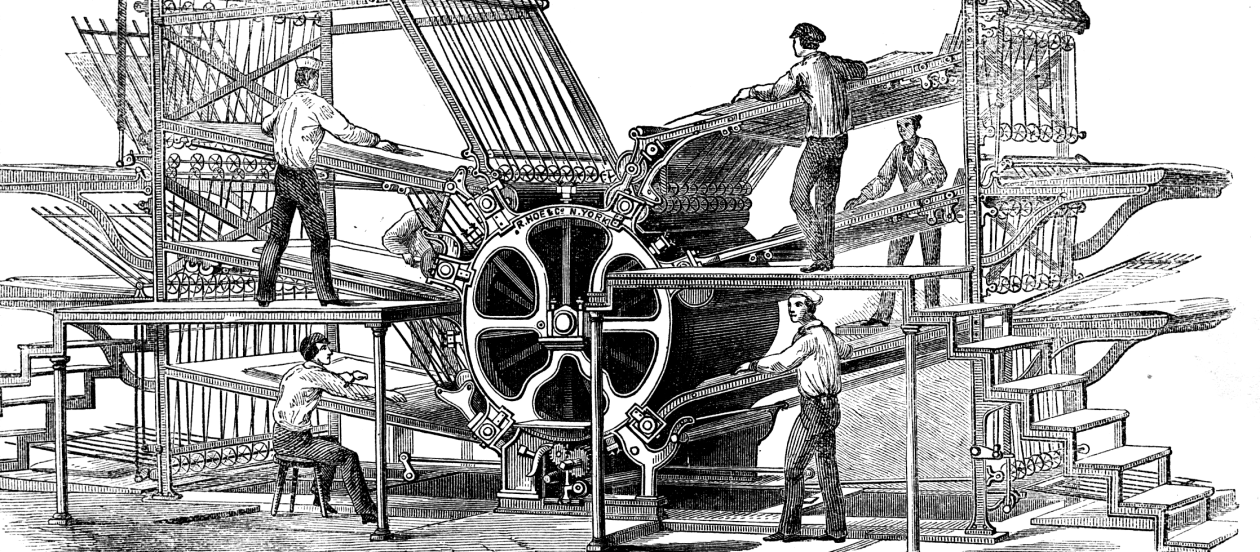9 That was the true Light, which gives light to every man coming into the world. 10 He was in the world, and the world was made through Him, and the world did not know Him. 11 He came to His own, and His own did not receive Him. 12 But as many as received Him, to them He gave the right to become children of God, to those who believe in His name: 13 who were born, not of blood, nor of the will of the flesh, nor of the will of man, but of God. 14 And the Word became flesh and dwelt among us, and we beheld His glory, the glory as of the only begotten of the Father, full of grace and truth. ~John 1:9-14

Not many of us think to turn to John’s Gospel as we enter the Christmas season. John doesn’t give us the dramatic details which bring to mind so many of the classic stories from our childhood. Nothing is said of Mary and Joseph, the angels and shepherds, the magi, and the manger. But that doesn’t mean that anything is lacking in John’s account. Rather, he gives us three aspects of the Christmas story that can never be left out. He speaks to the Incarnation, the Humiliation, and the Exaltation of the God-Man. In so doing, John brings together the spiritual and material realities as concisely and as profoundly as could be done.
Look at what John is saying in the passage above. First, John tells us that Christ is the true light. He is the one who makes sense of all of history. He is also the one who was coming into the world. [1]He was incarnate, a living person with a real body and soul just as we. He was nothing less than can be said of any baby, youth, man, or woman. How glorious a mystery that the One through whom the world was made should enter into His world and become subject to it.
And the mystery continues as John tells us that the world was not able to grasp His coming. The Maker had come into His own and His own world did not recognize Him. A few foreigners, some shepherds, two very old people, and His earthly parents, a mere handful of people welcomed Him. The rest either ignored or despised him. We marvel at the world’s stupor, and yet it continued throughout His ministry and continues in the world today.
But John reminds us of a third truth. Though the world did not receive Him, there is no reason to be concerned. God’s plan was not thwarted. He did not sit in heaven frustrated with the pathetic reaction to his Son’s incarnation. John assures us some did receive Him. Some did believe in His name. These are those born of the Almighty’s conscious will and they are those who became children of God.
These did see Him. They saw Him for who He was and what a glorious sight! As of the only begotten of the Father. No one else could ever be compared to him. Jesus alone was the true light in the world. He alone was full of grace and truth. He alone could reveal his Father to men. What joy for them it was to see and to believe.
The joy of Christmas is the glory of the incarnation, the one revealed in the Scriptures. No front yard plastic nativity scene can do the doctrine justice, even if the light stays on all night. Guard yourself this season against those who would corrupt the glories of the Incarnation. Some want it to be a matter of mere nostalgia, a heart-warming anecdote that encourages you to buy hot chocolate, power tools, and pajamas. Don’t be misled. Christmas is a celebration of the greatest mystery of all time: the Word become flesh, the advent of the God-Man, the arrival of the One who alone could give life to sinners. If there is no Incarnation to our Christmas then that star on the tree is a sham. There is no peace on earth because we are unreconciled to God. But, praise God. Christ has come and we have believed in Him and we are children of God.
[1] The original points to Christ as the one coming, not each man, as may be construed by the NKJV.
- The Christmas Story in John’s Gospel - December 23, 2020
- Communication in Marriage - November 3, 2020
- Aaron Halbert – Missionary to Honduras - March 31, 2017
